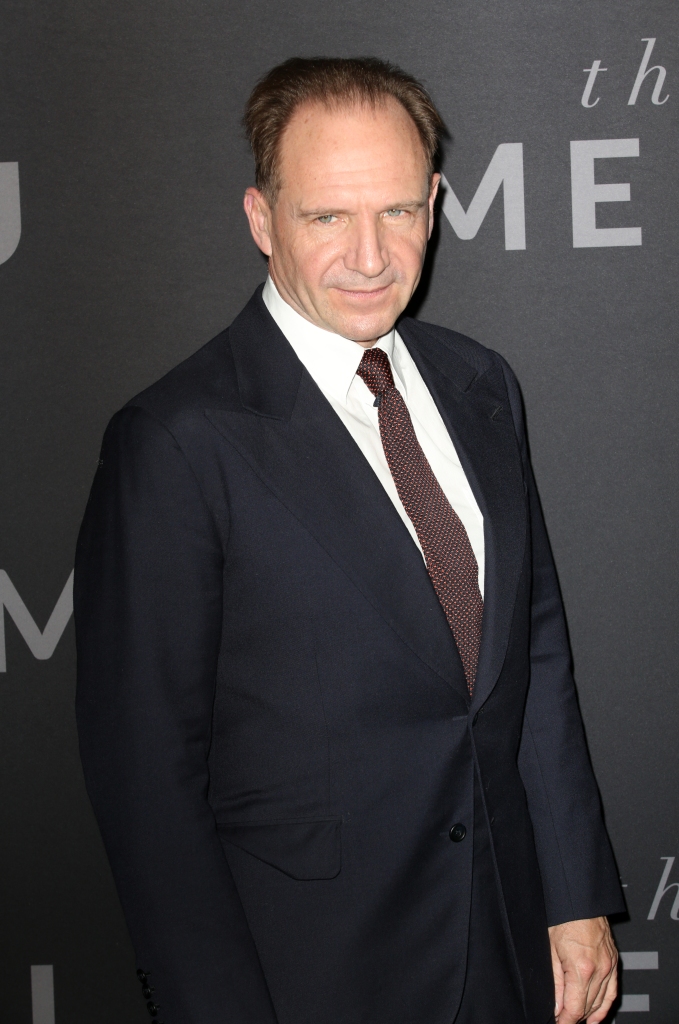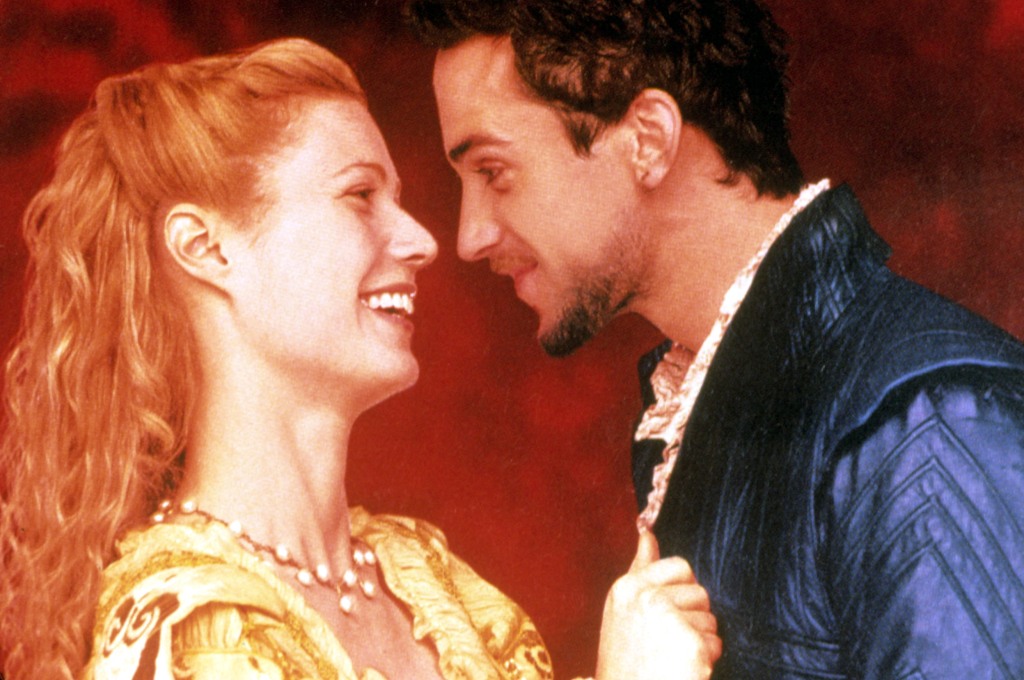Julia Roberts shaded for leaving ‘Shakespeare in Love’: ‘The problem was Julia’
Julia Roberts was the original contender to play Viola de Lesseps in 1998’s “Shakespeare in Love” before Gwyneth Paltrow scored the role.
Producer Edward Zwick has now revealed what led Oscar winner Roberts, 55, to exit the project.
She was, apparently, “the problem.”
“The mere possibility of having the ‘Pretty Woman’ wearing a corseted gown got the studio excited enough to cough up the dough,” recalled the “Glory” director, 70, in an essay for Air Mail recently, noting that Universal Pictures would only pay for the film if Roberts was involved.
Zwick then jetted off to London with Roberts so she could do chemistry reads with actors who were in the lead to play loverboy himself, William Shakespeare.
The “Erin Brockovich” actress was desperate to star alongside Daniel Day-Lewis in the flick; however, the “My Left Foot” actor had already pledged to shoot 1993’s “In the Name of the Father.”
Zwick recollected that Roberts had gushed to him about how “brilliant, handsome and intense” Day-Lewis was at the time.
“Don’t you think he’d be perfect? … I can get him to do it,” Roberts reportedly told the producer.
The “Mystic Pizza” star even asked her assistant to send two dozen roses to the “There Will Be Blood” star, along with a card that read: “Be my Romeo.”
But once Day-Lewis had told Zwick and Roberts’ team that he was fully committed to “In the Name of the Father,” their chemistry read was canceled.
Roberts still went through with the casting process, now having been paired with Ralph Fiennes.
“Even as Ralph did his best to elicit the famous smile, Julia barely acknowledged him,” Zwick wrote.
“I’m not suggesting she was deliberately sabotaging, but it was a disaster nonetheless,” he continued. “I tried to catch Ralph’s eye to apologize as he left but he couldn’t get out of there fast enough. After he was gone, I turned to Julia, awaiting her reaction. ‘He isn’t funny’ is all she said.”
Ralph’s brother, Joseph Fiennes, would later win the role of the famed British playwright.

Other A-listers including Hugh Grant, Rupert Graves, Colin Firth, Sean Bean and Jeremy Northam also read with Roberts, but she “found fault with all of them.”
Two weeks later, actor Paul McGann entered to read with the “Notting Hill” alum.
Even though she was in full makeup and an Elizabethan-period costume, “something was wrong.”
‘There was no magic. The problem wasn’t the script … It was Julia.’
Zwick realized that it was Roberts who was the problem in the scene and not any of the male actors.
“There was no magic. The problem wasn’t the script. Or Paul McGann. It was Julia,” he said. “From the moment she began to speak it was clear she hadn’t been working on the accent.”
He then explained in his essay how he “sensed Julia’s discomfort” in the scene and she picked up on his uneasiness.

But he noted he made the big mistake of “underestimating her insecurity.”
The Post has reached out for comment from representatives for Roberts.
Zwick believed that Roberts was “terrified to fail” in the world of Hollywood, as she had climbed her way into being one of the world’s most bankable stars so quickly.
After the experience, Roberts flew back to America and announced that she was leaving the film.
“Shakespeare in Love” was later produced by Harvey Weinstein at Miramax, with controversy later surrounding their colossal Oscars 1999 campaign.
Paltrow and co-star Judi Dench went on to win golden statuettes for their performances, with critics saying they only emerged victorious due to Weinstein’s constant lobbying.
Read the full article Here


